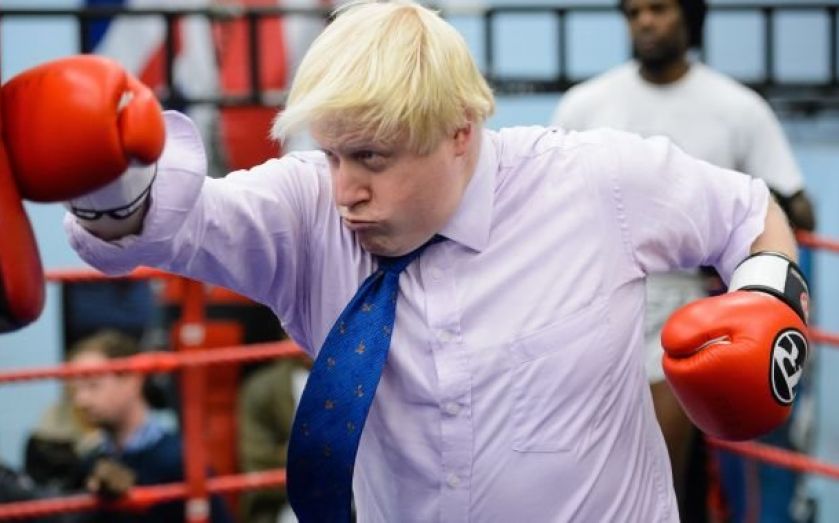City Matters: The five key commitments the City wants from the next mayor of London

We only have to wait until the end of September before we know who is going to represent the two main political parties in the race to become the next mayor of London. These aspiring London politicians with ambitions to succeed Boris Johnson are gearing themselves up for a busy few months.
From now until the polls, they are going to be in full preparation mode: readying their manifestos, sharpening up their speeches, and formulating their strategies with the aim of getting themselves in the office of mayor come May 2016.
In the City, we stay out of the day-to-day political debate, leaving London’s voters to make up their own minds. However, it is only right that we communicate what we want. So here is what I think London businesses will wish to see the next mayor commit to:
1. A London that works with, rather than competes with, the other major cities across the UK. There is no future for a London that makes enemies outside the M25, by boasting about its importance, demanding preferential taxation powers, and asserting some kind of right to cut itself off.
2. A Europe that works for London. We live in a world where hyper-competition is a reality. We will be far more successful in securing the reforms that we want if we engage more effectively with the other member states of the EU, rather than seeing “Europe” as an enemy that has to be fought. This is the best way to ensure that we will prosper as a leading economic player in an ever more competitive world.
3. That we welcome the brightest and best-skilled people from across the globe. Our aspiring mayors and councillors shouldn’t forget the bigger picture that, without hard-working, ambitious and talented people, our capital would start going backwards. While we need to recognise that immigration does cause pressures and raise concerns that need addressing, we must also understand that, for the most part, the continual influx of global talent into London creates jobs for Londoners too.
4. That people get the education, opportunities and skills training they deserve. The latent talent that exists among people of all backgrounds needs to be tapped into by our businesses. The number of those not in work, education or training, especially those aged 16 to 24, has fallen across London over the past few years. I have always firmly believed it is our councils rather than Whitehall that are best placed to match training provision with the needs of local employers.
5. That the glue that binds our city together, the infrastructure that runs it, is delivered when promised. Progress has been great when we look at something like Crossrail, but the prevarication on key decisions like HS2 and airport capacity is not helpful. The Davies Commission report gives all the evidence that is needed to take a firm decision on airport capacity; ideally that decision will be taken before the mayoral election.
Brave choices need to be made on these issues and they should not be taken with London seen in isolation. Our next mayor should remember that.